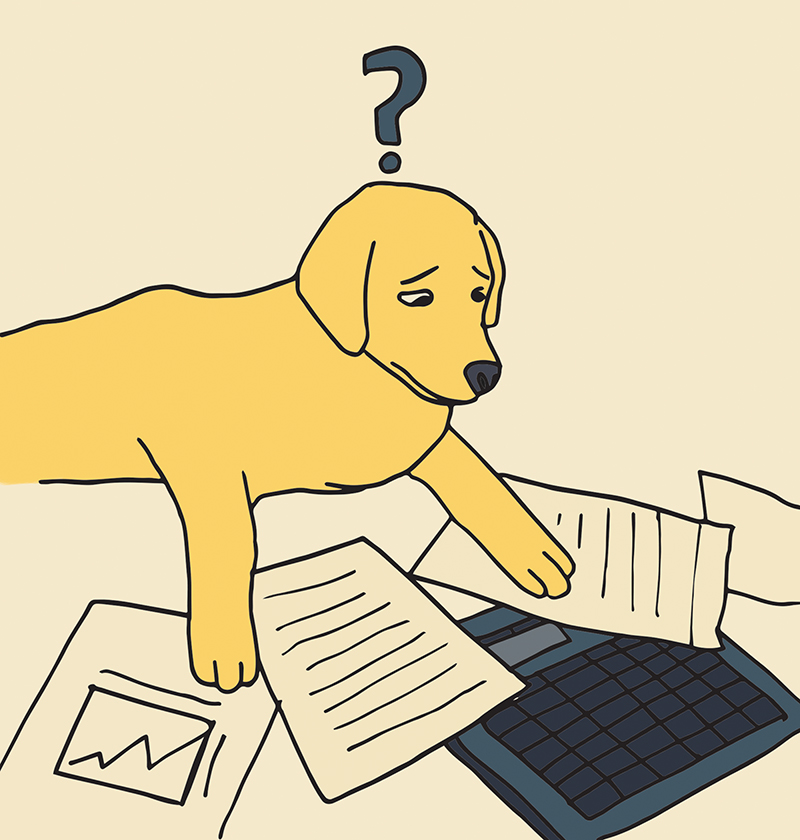An unorthodox stress-reliever: Laughing at your fears
It’s that time of year again. As Concordia’s fall semester nears its end, students are no doubt preparing for the incoming deluge of finals and research papers.
A quick look at the Spotted: Concordia Facebook page reveals a hellscape of pre-exam anxiety: pictures of students in a tired stupor using textbooks as makeshift pillows lie sandwiched between close-ups of empty hard liquor bottles tucked discreetly behind toilets. In among these moments of cinéma verité, one can find dozens of memes (or “image macros” if you grew up in the 1940s) whose messages can basically be reduced to a single, common point: “I am stressed, therefore, I want to die.”
The millennial obsession with nihilistic comedy has always been a fascinating subject to me. Popular TV shows like Netflix’s BoJack Horseman and Adult Swim’s Rick and Morty revolve around perennially depressed main characters who live in uncaring, occasionally violent worlds. It goes without saying that this sort of comedy has developed for a good reason. A 2014 study by Statistics Canada indicates 54 per cent of post-secondary students felt hopeless at some point that year. They face stress from balancing part-time jobs, competitive academic fields and a job market that is in poor shape.
Effective stress management skills are essential for excelling, especially in university. Of course this seems obvious, but it always bears repeating that prolonged high stress levels can impair the physical and social health of students. According to the Canadian Centre for Occupational Health and Safety, this can manifest itself through a litany of unpleasant physical and mental ailments, including moodiness, insomnia and anxiety, among others.
One might assume many of these feelings and symptoms will gradually disappear once exams are over. Yet this is often not the case.
Much like pre-exam stress, post-exam stress can also have a detrimental effect on one’s physical health. Researchers from the Albert Einstein College of Medicine in New York City tracked people who had recently experienced high-stress in the workplace, and found they had a greater likelihood of asthma as well as problems with digestion and skin irritation after they were removed from that environment. Even worse, some of these symptoms can arrive at a time when students are gathering with their friends and family.
While cliché advice—eat well, sleep well, exercise and take time to breathe—still applies, what about taking the time to laugh? Too often, I find, blogs and websites will make top 10 lists that only include the aforementioned unoriginal tips. Lurid neon headlines like “This year’s best ways to BEAT UP stress” always have the same content. On occasion, authors will actually take the time to update their article with the newest dietary trend, a recent variation of yoga or CrossFit or some unholy combination thereof.
Yet, not one website I visited had the fortitude to write about laughing at your own fears. Bleak humour allows students to offload some of their stress and turn it into something less dangerous.
In a sense, one can say that nihilistic comedy represents a sort of crowdsourced therapy. By inviting others to poke fun of their own insecurities, one makes them less tangible and, therefore, weaker.
Graphic by Zeze Le Lin




